Fact Check: what are microplastics and are they dangerous?
12-21 million tons of microplastics floating in top layers of Atlantic Ocean, new study finds
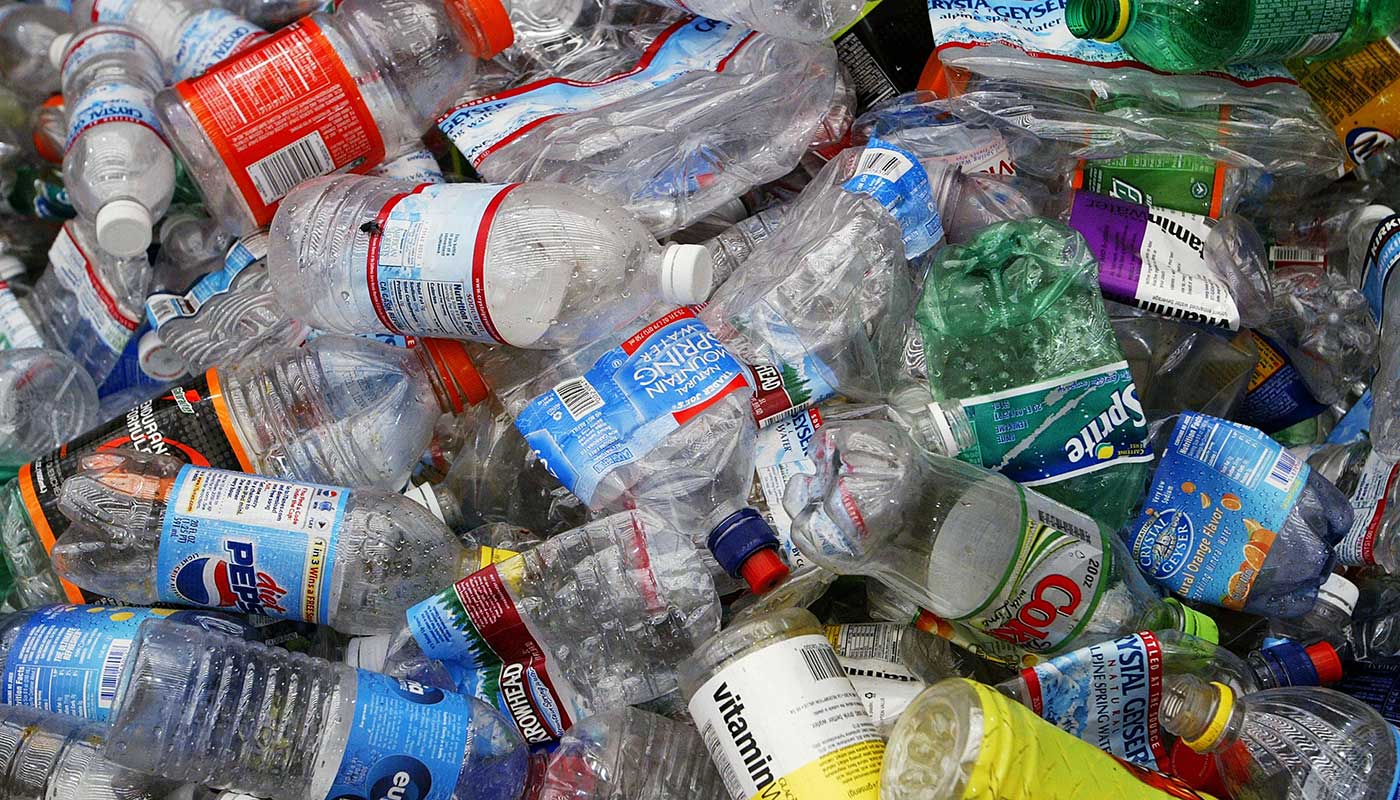
A free daily email with the biggest news stories of the day – and the best features from TheWeek.com
You are now subscribed
Your newsletter sign-up was successful
There are an estimated 12 to 21 million tons of three of the most common types of microplastic in the top 200 meters of the Atlantic Ocean, according to a new study.
The research, led by the UK’s National Oceanography Centre (NOC), “scooped through layers” of the upper limits of the ocean during a research expedition through the middle of the Atlantic, the BBC reports.
The amount of plastic particles found “would be enough to fully load almost 1,000 container ships”, the broadcaster adds.
The Week
Escape your echo chamber. Get the facts behind the news, plus analysis from multiple perspectives.

Sign up for The Week's Free Newsletters
From our morning news briefing to a weekly Good News Newsletter, get the best of The Week delivered directly to your inbox.
From our morning news briefing to a weekly Good News Newsletter, get the best of The Week delivered directly to your inbox.
The lead author of the paper, Dr Katsiaryna Pabortsava from NOC, said: “Previously, we couldn’t balance the mass of floating plastic we observed with the mass we thought had entered the ocean since 1950.
This is because earlier studies hadn’t been measuring the concentrations of ‘invisible’ microplastic particles beneath the ocean surface. Our research is the first to have done this across the entire Atlantic, from the UK to the Falklands.”
Micro and nanoplastics are becoming a major environmental hazard across the globe, with the particles thought to pose a risk of cancer and infertility when entering human organs. So just how much of a risk do microplastics pose to our environment and our bodies?
What are they?
A free daily email with the biggest news stories of the day – and the best features from TheWeek.com
Microplastics are defined as pieces of any kind of plastic debris that measure less than 5mm in length. The Guardian says they are generally created by the disintegration of plastic litter and been found in rivers, lakes, drinking water supplies and in bottled water.
Another form of microplastics are plastic microbeads, which are often found in toiletries. Previous research has found that as many as 94,500 microbeads are flushed down the sink with each wash, and that some products contain as many as 2.8 million beads in a single bottle.
Are they dangerous to humans?
According to a study published earlier this year, humans eat an average of five grammes of plastic each week - equivalent to the weight of a credit card. However, it is not yet clear to how this may affect our bodies.
In its first review on the health risks of plastic in tap and bottled water, the World Health Organization said in August that microplastics “don’t appear to pose a health risk at current levels”.
But as CNN points out, the finding came “with a big caveat” - the UN agency admitted its report was based on “limited information”.
Alice Horton, an anthropogenic contaminants scientist at the Southampton-based National Oceanography Centre, offered a similarly ambiguous take. “To date, there are no data available to show that microplastics pose a hazard to human health, however this does not necessarily mean that they are harmless,” she said.
Healthline reports that a chemical used to make plastic flexible has been shown to increase the growth of breast cancer cells, but notes that the research was carried out in a petri dish, “so the results can’t be generalised to humans”.
Are they harming the environment?
The effect of microplastics on the environment is clearer. Plastic microbeads – an ingredient in millions of toothpastes, moisturisers, lip balms, shaving foams and face washes - are rinsed down the sink and into our streams and oceans in their trillions every day.
According to National Geographic, plastic waste washes into the oceans at an average rate of about nine million tons a year. A 2018 study found that microplastics are also “littering riverbeds across the UK - from rural streams to urban waterways”, as the BBC reported at the time.
The plastic is broken down into smaller pieces by sunlight, wind, waves and heat, and is often confused with food by marine life. In a 2016 interview with The Telegraph, awareness campaigner Dougie Poynter, of boyband McFly, warned: “Now, one in every four fish contains plastic which has these toxins in. We are literally eating our own trash.”
Microplastics also block the digestive tracts of fishes, turtles and birds, diminishing their urge to eat. This stunts both their growth and reproductive output, and can result in death.
-
 How the FCC’s ‘equal time’ rule works
How the FCC’s ‘equal time’ rule worksIn the Spotlight The law is at the heart of the Colbert-CBS conflict
-
 What is the endgame in the DHS shutdown?
What is the endgame in the DHS shutdown?Today’s Big Question Democrats want to rein in ICE’s immigration crackdown
-
 ‘Poor time management isn’t just an inconvenience’
‘Poor time management isn’t just an inconvenience’Instant Opinion Opinion, comment and editorials of the day
-
 Shell’s North Sea oil U-turn: ‘a first victory in a longer war’?
Shell’s North Sea oil U-turn: ‘a first victory in a longer war’?Speed Read Controversy after oil giant pulls out of proposed Cambo project
-
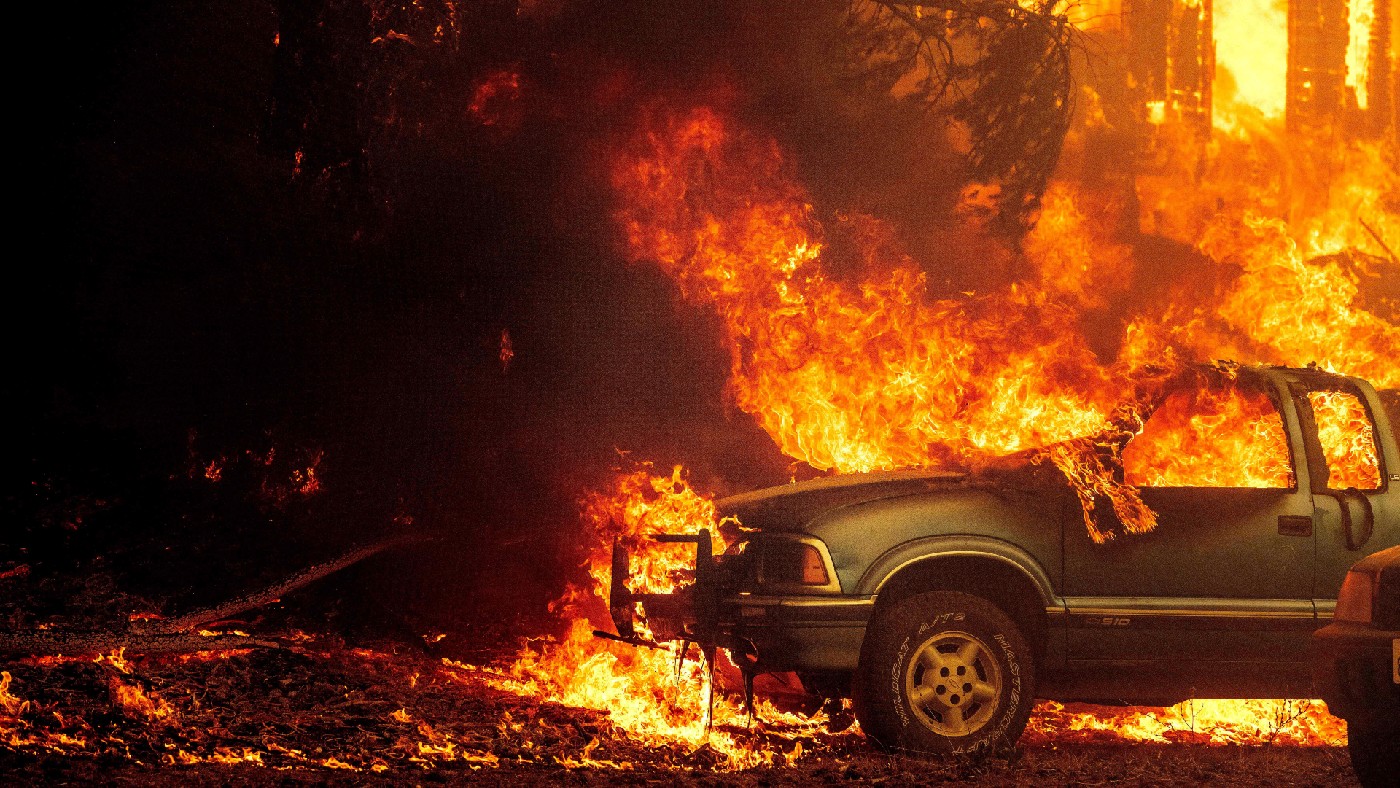 Fires, floods and storms: America’s ‘permanent emergency’ has begun
Fires, floods and storms: America’s ‘permanent emergency’ has begunSpeed Read This summer of climate horror feels like the ‘first, vertiginous 15 minutes of a disaster movie’, says The New York Times
-
 Hot air and empty rhetoric: is the UK acting too slowly on climate change?
Hot air and empty rhetoric: is the UK acting too slowly on climate change?Speed Read ‘Every day, new evidence accumulates that humanity is on an unsustainable path’
-
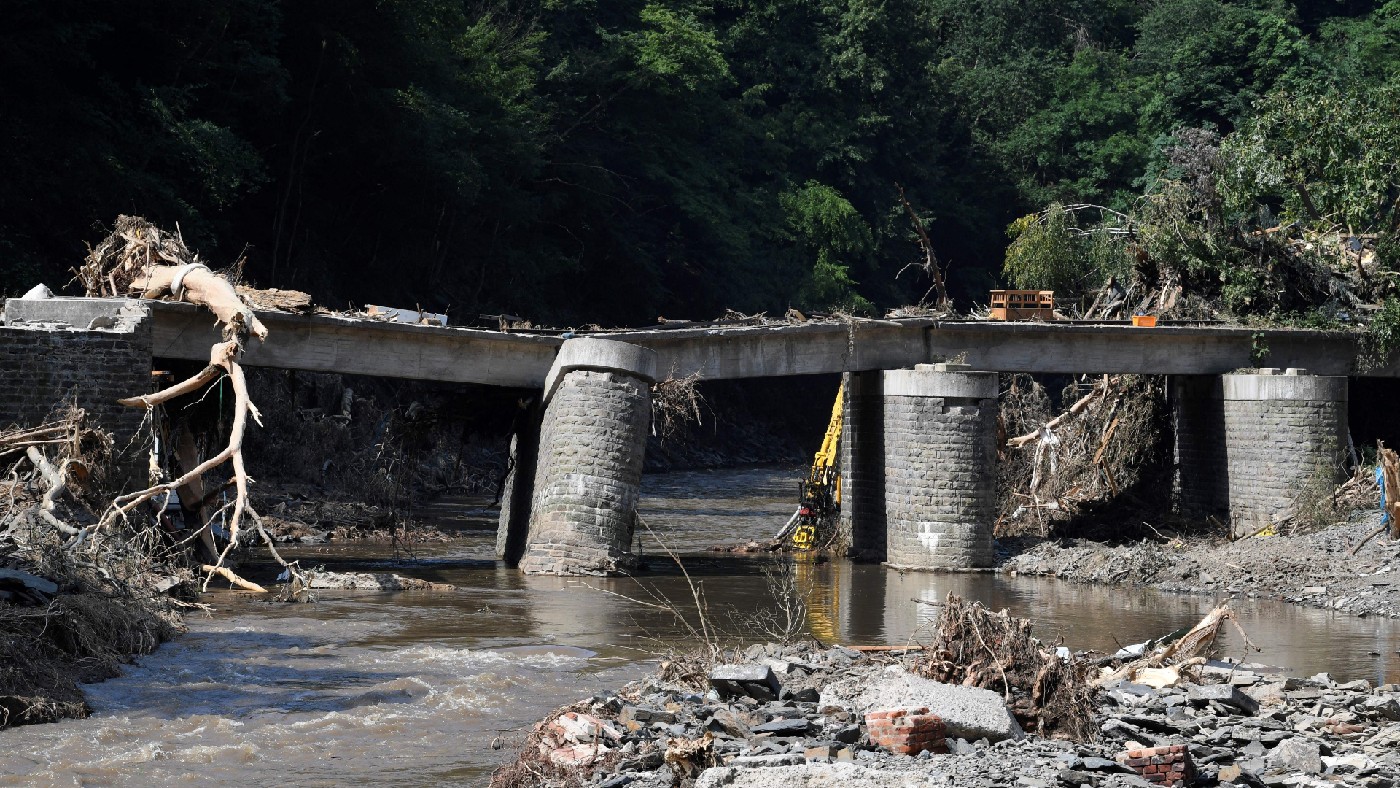 Germany floods: what led to this ‘once-in-a-century’ disaster?
Germany floods: what led to this ‘once-in-a-century’ disaster?Speed Read Nearly 200 people died in Germany and Belgium; hundreds are still unaccounted for
-
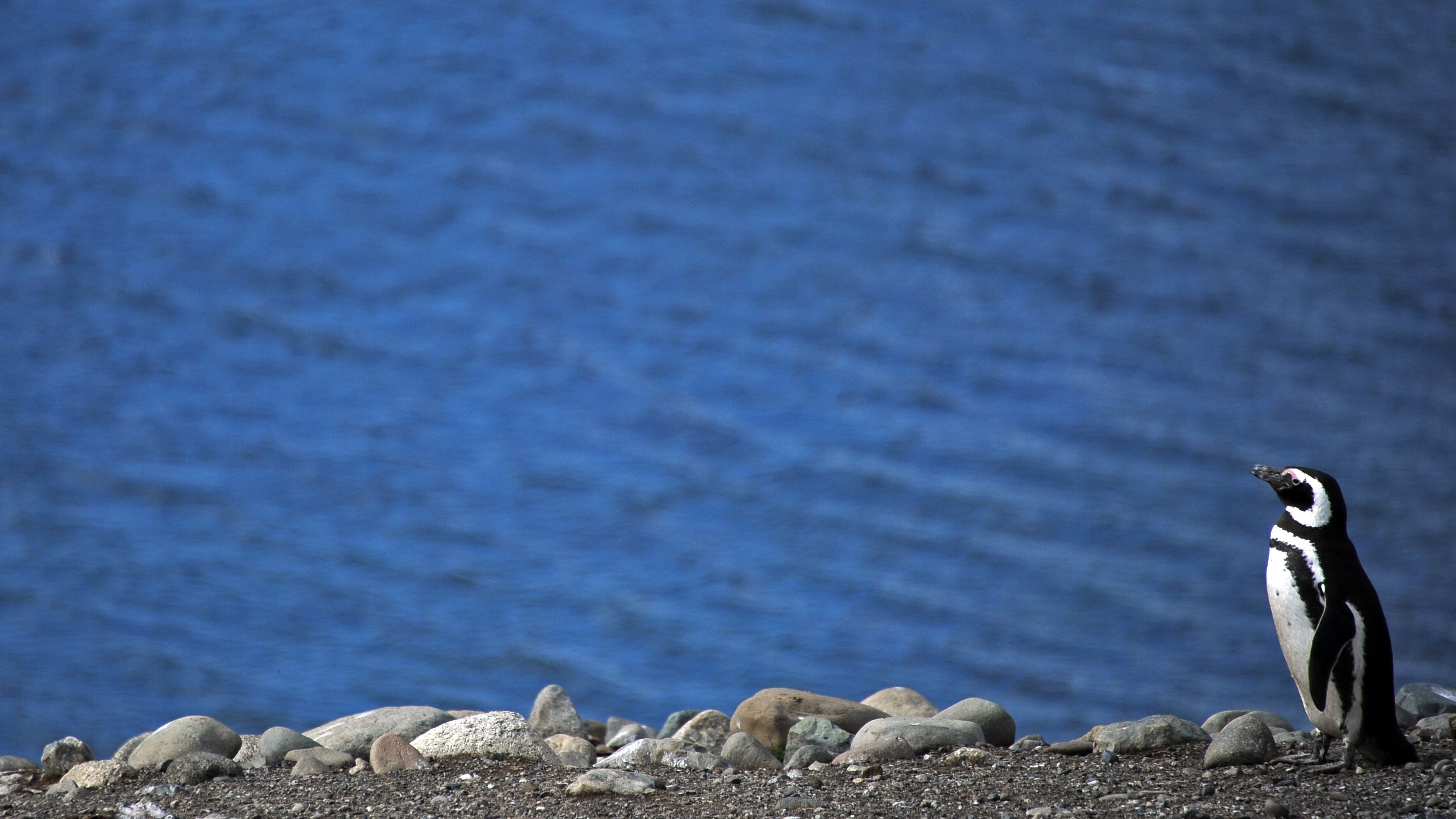 Penguin colony at risk as Somerset-sized iceberg bears down on British overseas territory
Penguin colony at risk as Somerset-sized iceberg bears down on British overseas territorySpeed Read Several species face starvation if the icy giant blocks access to feeding grounds
-
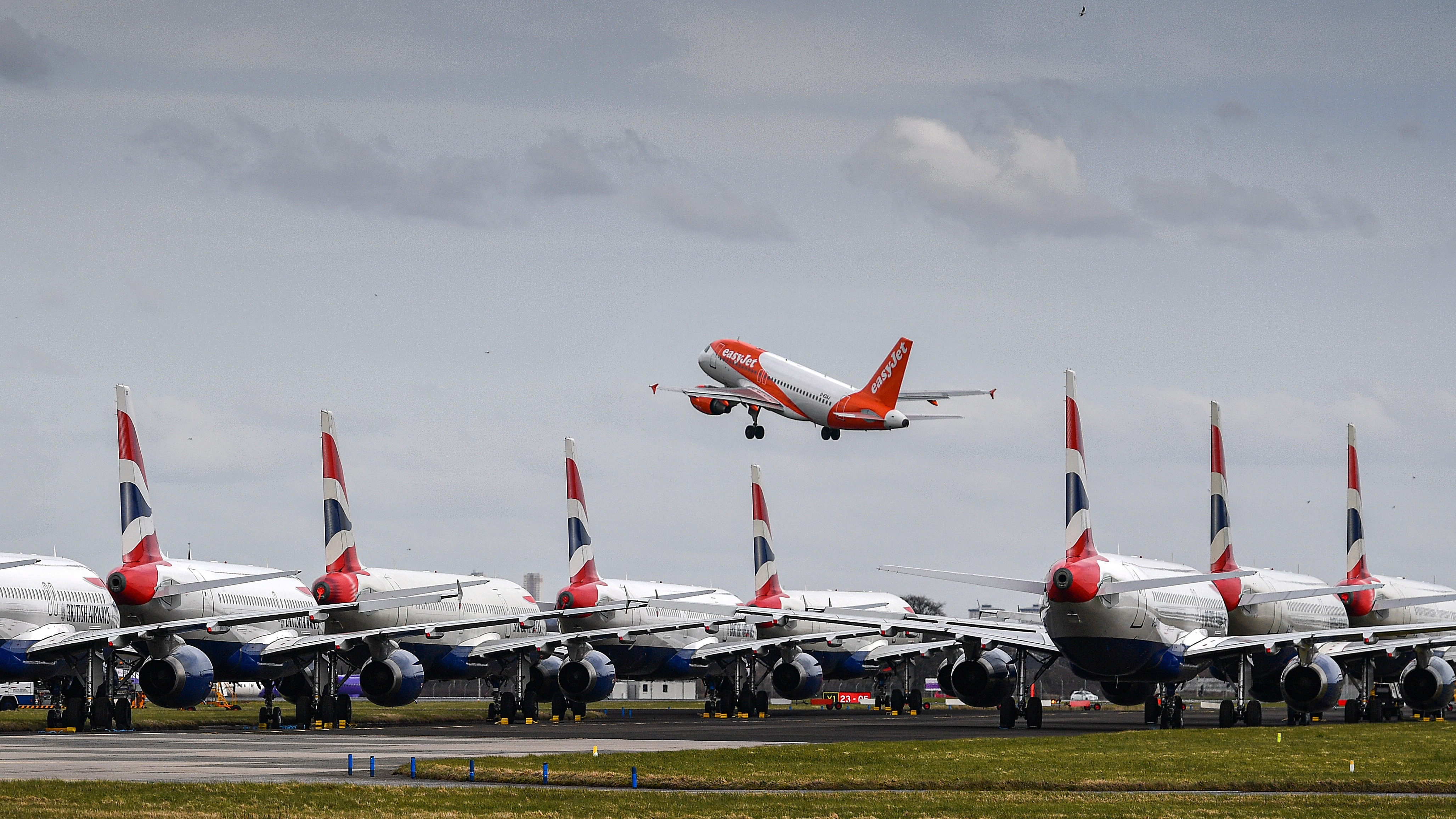 ‘Full of hot air’: climate experts exposed as academia’s most frequent flyers
‘Full of hot air’: climate experts exposed as academia’s most frequent flyersSpeed Read Study results trigger calls for environmentalists to ‘look in the mirror’
-
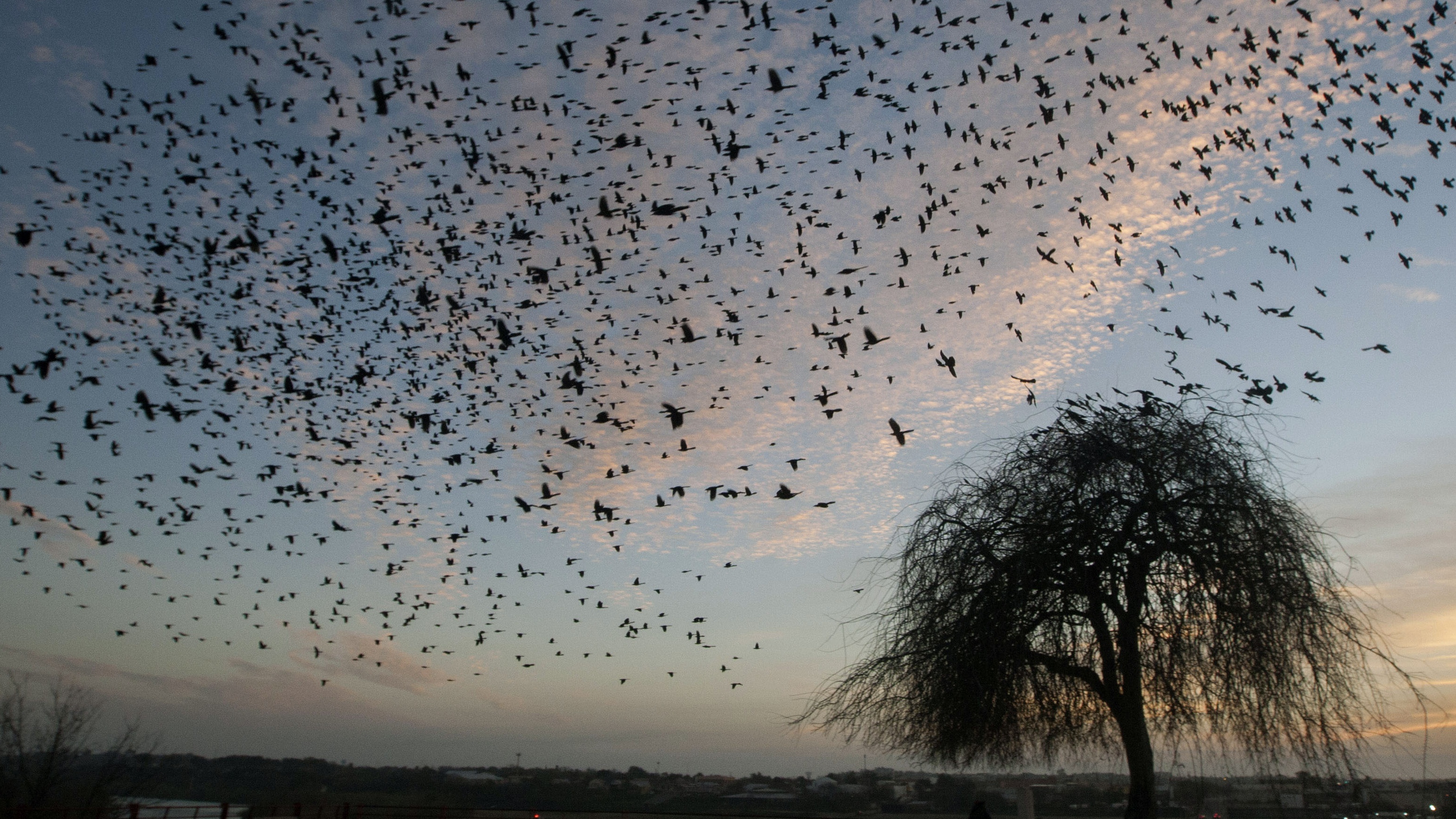 Mystery of millions of migrating birds dropping dead from US skies
Mystery of millions of migrating birds dropping dead from US skiesSpeed Read Some experts believe the West Coast wildfires may be to blame for ‘unprecedented’ mass bird deaths in New Mexico
-
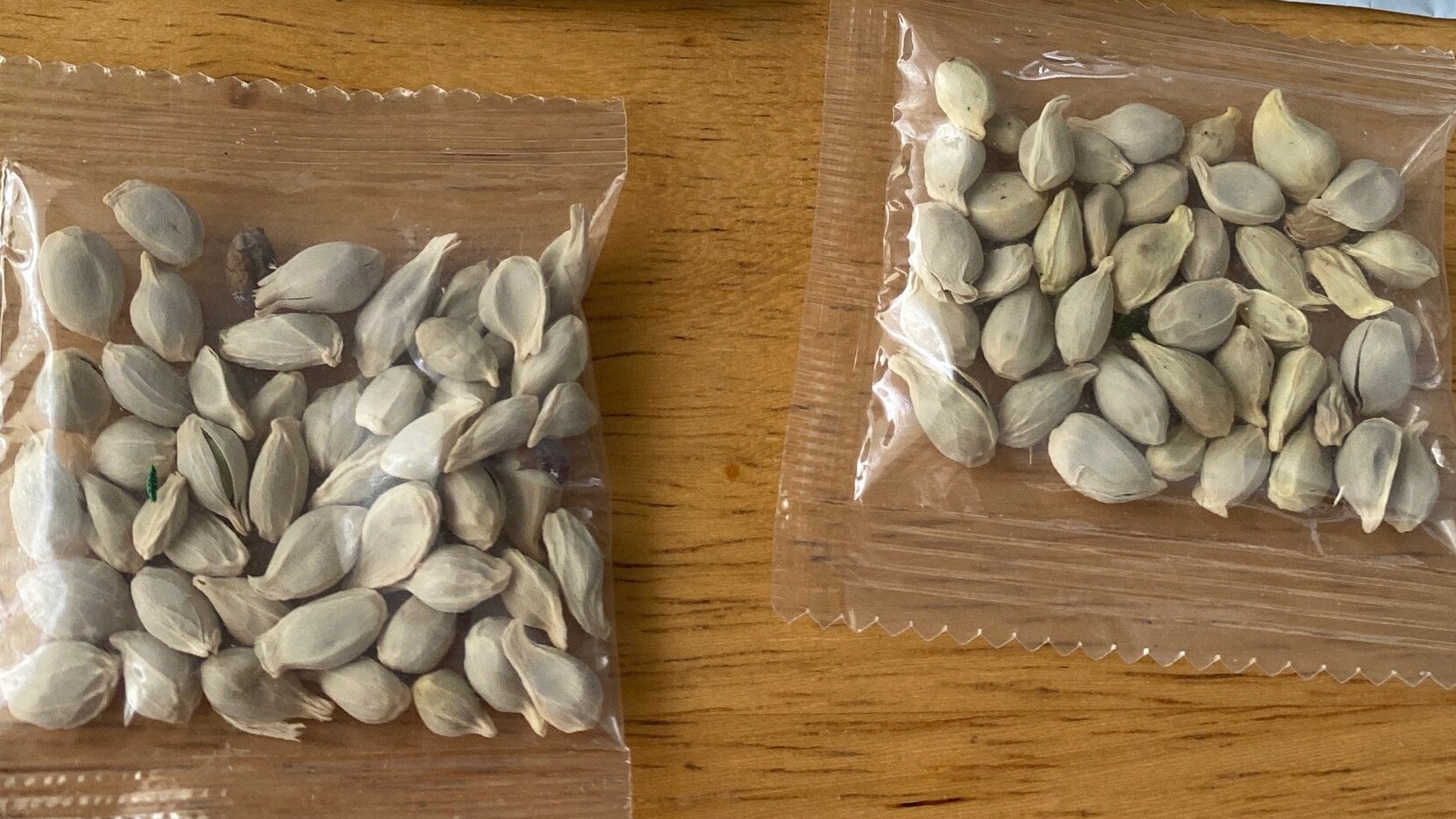 Americans warned not to plant mystery seeds being sent to homes nationwide from China
Americans warned not to plant mystery seeds being sent to homes nationwide from ChinaSpeed Read Officials say the unsolicited packages have been mailed to residents in at least 27 US states